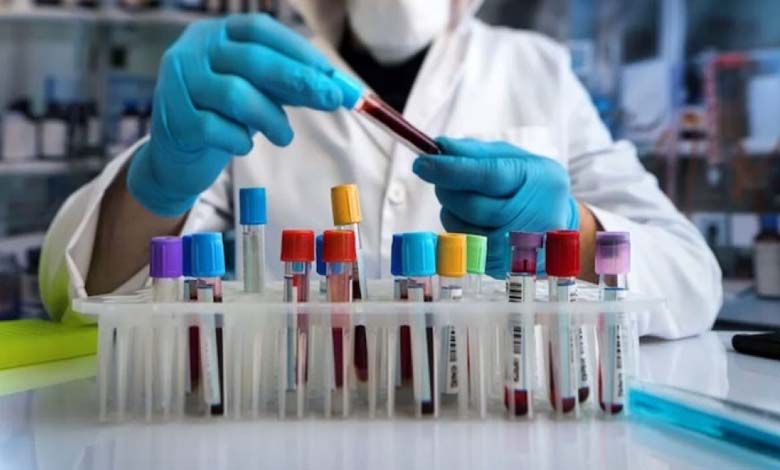Discovery of a new antibiotic in the human nose

Scientists from the University of Tübingen in Germany have announced the discovery of a new antibiotic in the human nose called “Epidavin,” which resists bacteria that cause diseases.
The journal “Nature Microbiology” reported that “Epidavin” is produced by specific strains of bacteria of the Staphylococcus epidermidis type, found on the mucous membrane of the inner wall of the nose, as well as on the skin’s surface.
Epidavin is a new class of antimicrobial compounds that were previously unknown, which can be used as a primary structure for developing new antibiotics.
Epidavin effectively works against bacteria that compete with human staphylococci, as well as against bacteria from other environments, such as the intestines and some fungi.
This substance is particularly effective against golden staphylococci, which are causative agents of hospital-acquired infections that become especially dangerous when resistant to antibiotics.
However, further research is needed to determine whether Epidavin or its derivatives can be used in treatment.
Previously, researchers from the same university found that the human nose contains an antibiotic capable of killing strains of bacteria resistant to other antibiotics.
The German research was led by Andreas Peschel from the University of Tübingen, and the research results were published in the scientific journal “Nature,” explaining the presence of a substance naturally occurring in the nose called “Lugdunin” due to the presence of the Staphylococcus lugdunensis bacteria.












